Old Gold
is a regular feature of DePauw Magazine, which is published three times a year.
A tumultuous world set the stage for the poignant personal relationship of Edward Rector, DePauw’s great benefactor, and George Richmond Grose, my grandfather and DePauw’s president from 1912 to 1924. World War I, the Spanish flu pandemic and the height of the violent Ku Klux Klan deeply touched the lives of our Indiana world and DePauw.
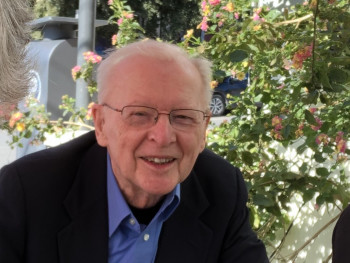 Their warm relationship led to Rector’s generous endowment of scholarships that support DePauw students to this day. “It is very seldom that one forms a friendship after 40 as close and intimate as was ours,” Grose wrote of Rector in 1925 to H. B. Longden, DePauw vice president and director of the Rector Scholar Fund. “I have no brother in the flesh whom I love a with a deeper devotion than I loved him. I have never known a nobler type of Christian gentleman.”
Their warm relationship led to Rector’s generous endowment of scholarships that support DePauw students to this day. “It is very seldom that one forms a friendship after 40 as close and intimate as was ours,” Grose wrote of Rector in 1925 to H. B. Longden, DePauw vice president and director of the Rector Scholar Fund. “I have no brother in the flesh whom I love a with a deeper devotion than I loved him. I have never known a nobler type of Christian gentleman.”
While attending the May 1916 Methodist General Conference in New York, the two men discussed the opportunity of Rector giving to DePauw. Rector asked Grose what was most needed at the university; Grose responded, “A dormitory.” Later that month, while Rector and Grose were seated on the long porch of a Saratoga Springs Hotel, Rector promised his gift for Rector Hall, which was erected to honor Isaiah Rector, his father and a university trustee in the late 1800s.
Rector Hall was Edward and Lucy Rector’s baby. They had no children and had taken as much interest in Rector Hall as they would a child. They adopted the students, some of whom called them “Daddy and Mommy Rector.” Mrs. Rector always wore an engaging smile and was charming and gracious. Mr. Rector had a luminous personality, exhibiting dignity, pride and poise.
In a 1920 speech to the Board of Trustees, Rector said that nothing attracted him so strongly as concrete illustrations, so his desire to invest in DePauw was encouraged by Grose’s “telling me appealing instances of some of the finest and worthy DePauw students.” In 1919, he told Grose that he wanted to start a scholarship to benefit students – regardless of their race, color, “previous condition of servitude” or religious beliefs. He especially sought to ensure that no student would have to leave campus for financial reasons and “they could have my last dollar.”
That spring, Grose wrote to school superintendents across Indiana, telling them about the Rector scholarship, for which the best graduate from each school would be eligible. Beginning that fall, Rector scholarships covered all college fees.
“Mr. Rector and you had a great dream,” Longden told Grose.
Whenever on campus, Edward and Lucy Rector visited the chapel, to the delight of students. “President Grose would present Mrs. Rector so that we could properly show our appreciation for what they had done for the students,” Winona Welsh wrote in a statement in the DePauw Archives. “In introducing Mrs. Rector, President Grose had her stand and student applause went on for a long, long, long time.”
When Rector died Aug. 1, 1925, my grandfather cabled to Mrs. Rector, “Our prayers and deep sympathy are for you.” Burial stones of the Rectors and Groses stand next to each other on a hill at the Greencastle Forest Hill Cemetery. For the Rectors, it was considered as a way to “look out” at the university.
(Top photo: A Rector Scholar Conversation with former U.S. Rep. Lee Hamilton in May 2019.)
DePauw Magazine
Fall 2020
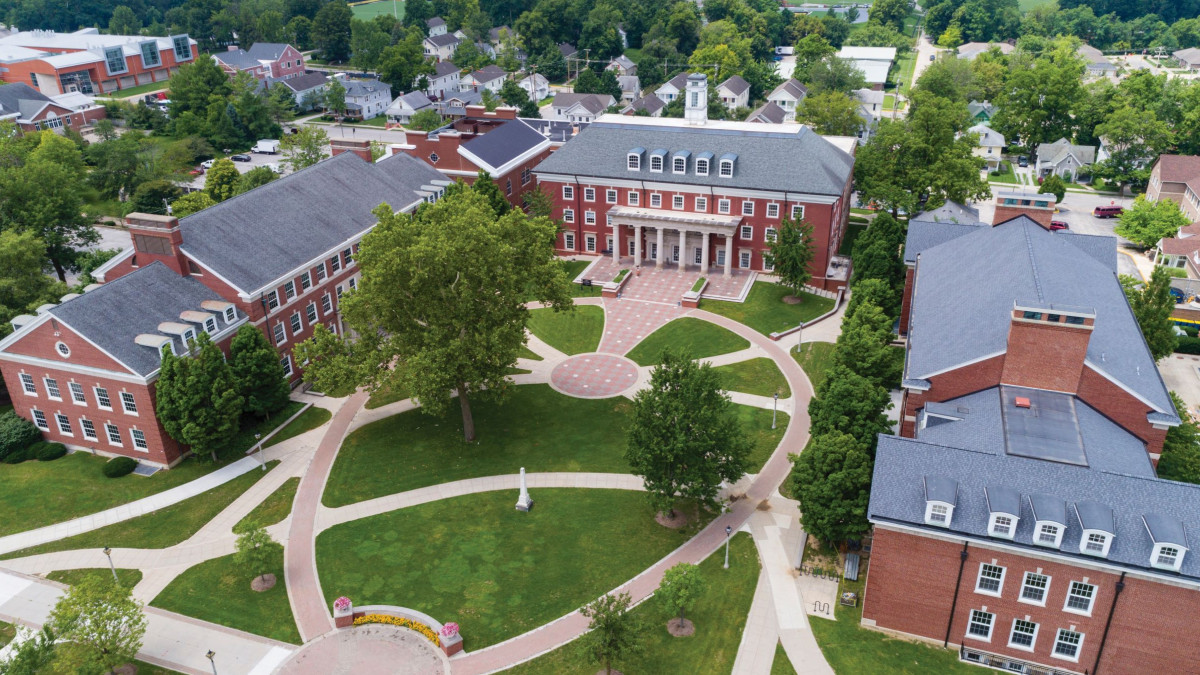 First Person: DePauw Nursing
First Person: DePauw Nursing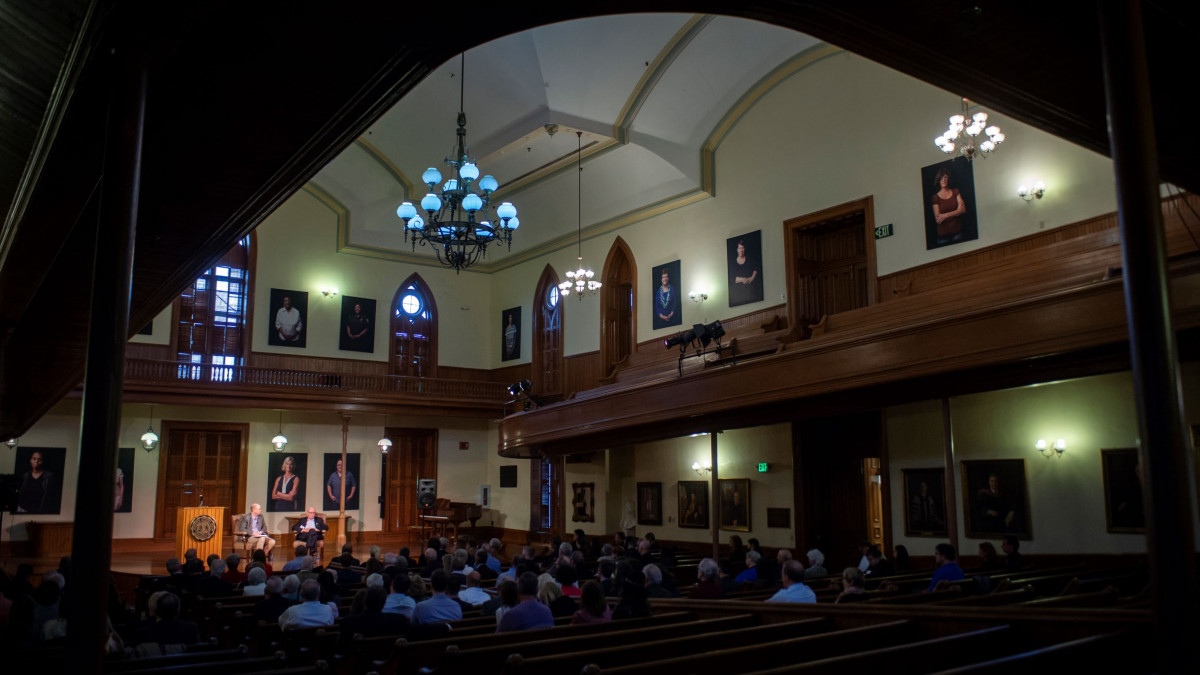 Old Gold: The president and the benefactor: Close friendship created an enduring legacy
Old Gold: The president and the benefactor: Close friendship created an enduring legacy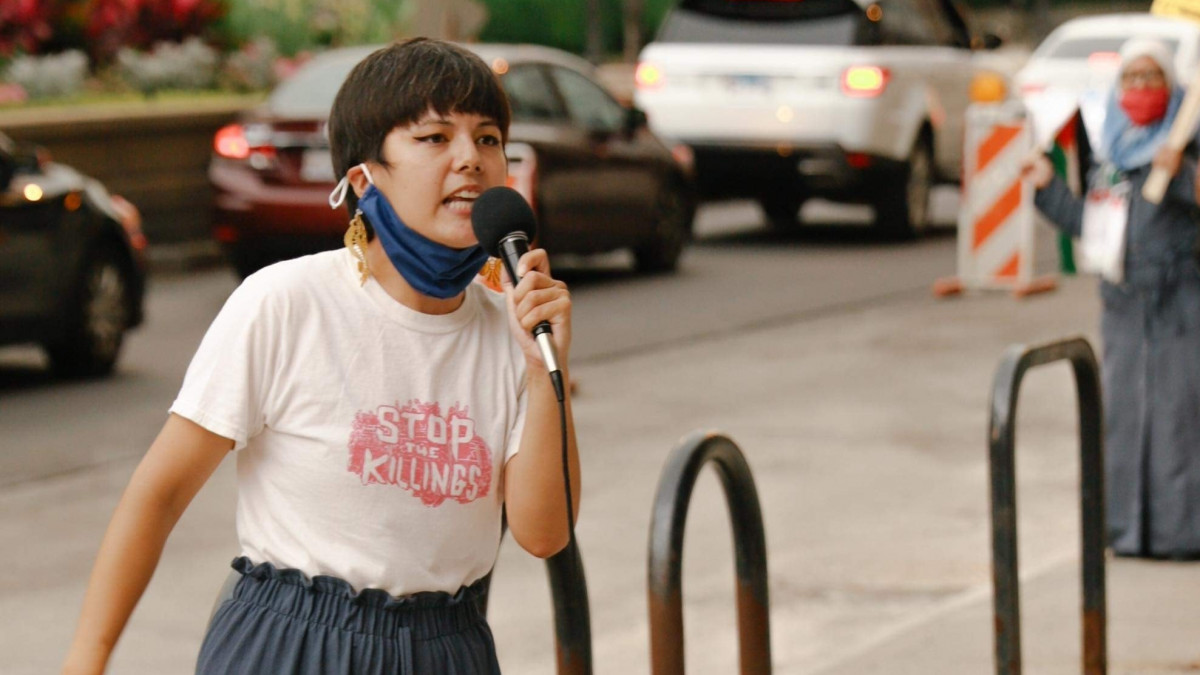 THE BO(U)LDER QUESTION: Racial Justice
THE BO(U)LDER QUESTION: Racial Justice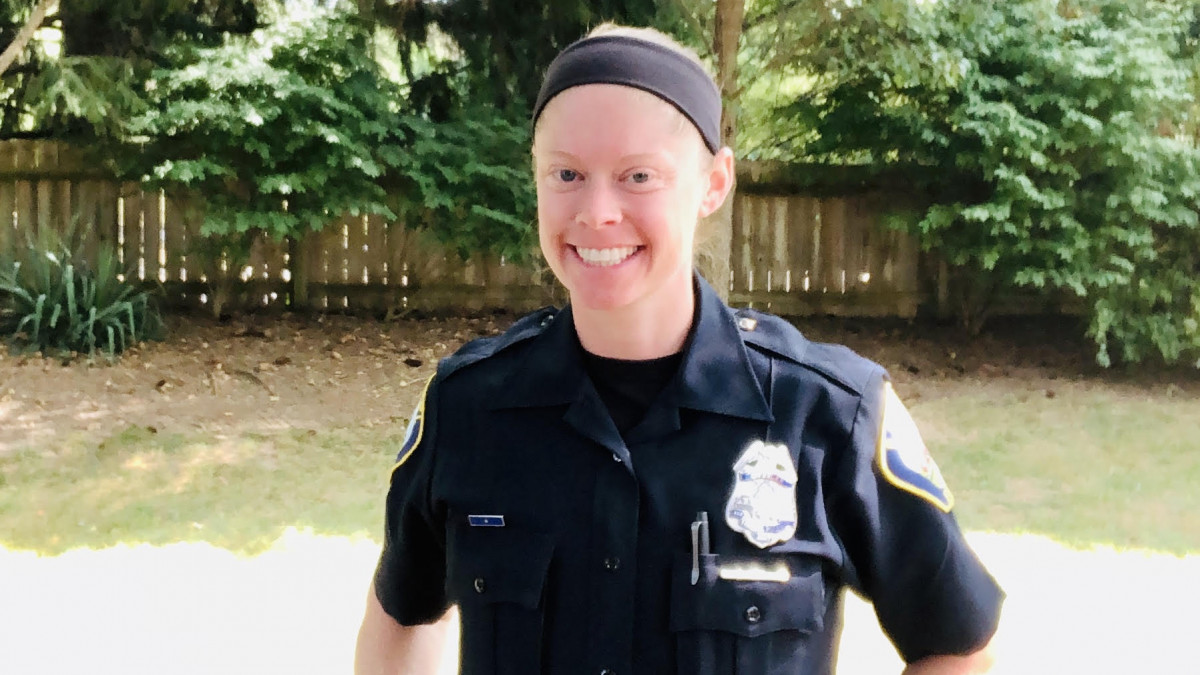 THE BO(U)LDER QUESTION: Racial Justice
THE BO(U)LDER QUESTION: Racial Justice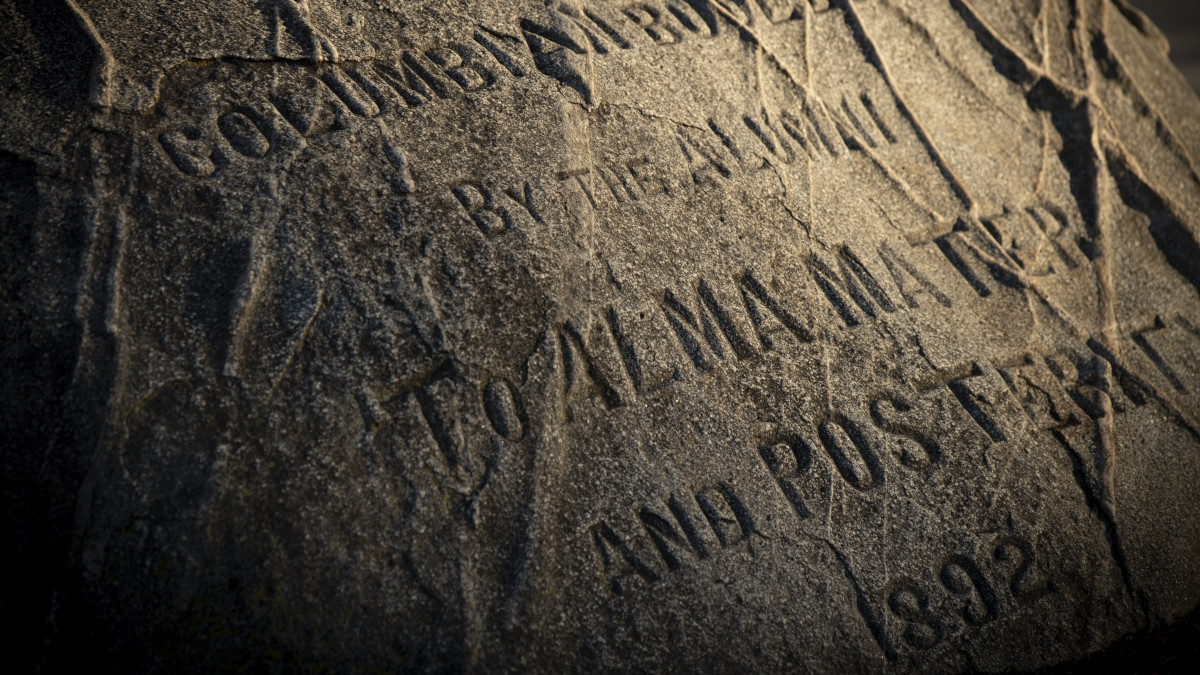 THE BO(U)LDER QUESTION: Racial Justice
THE BO(U)LDER QUESTION: Racial Justice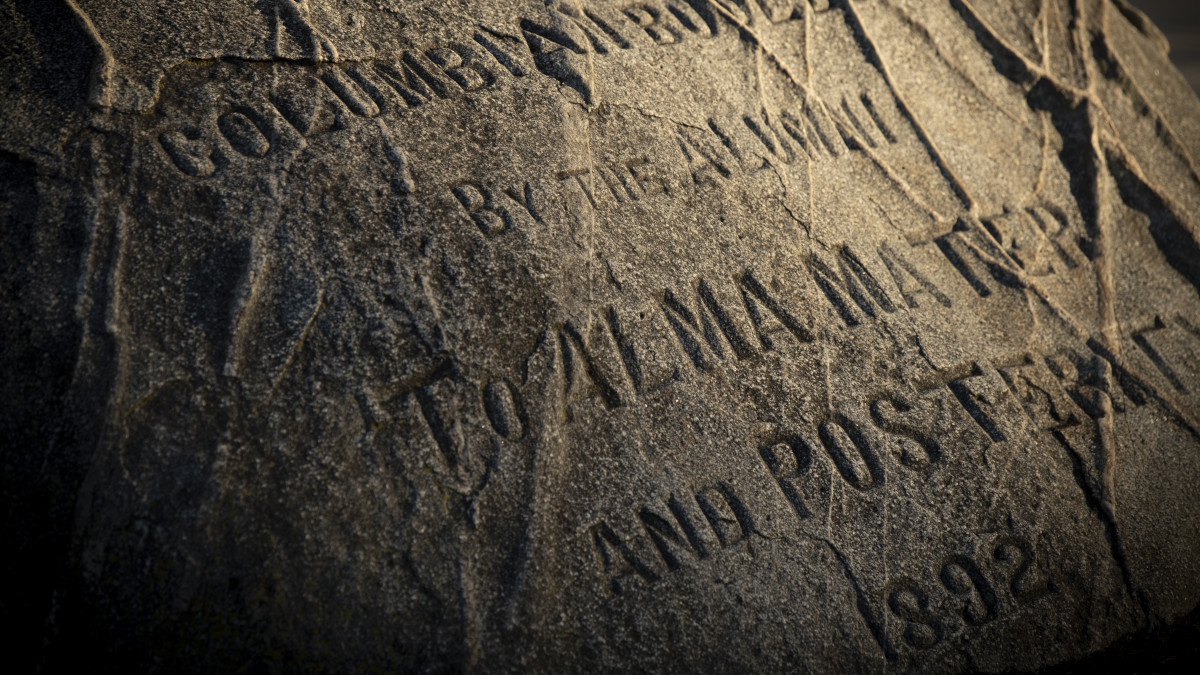 THE BO(U)LDER QUESTION: Racial justice
THE BO(U)LDER QUESTION: Racial justice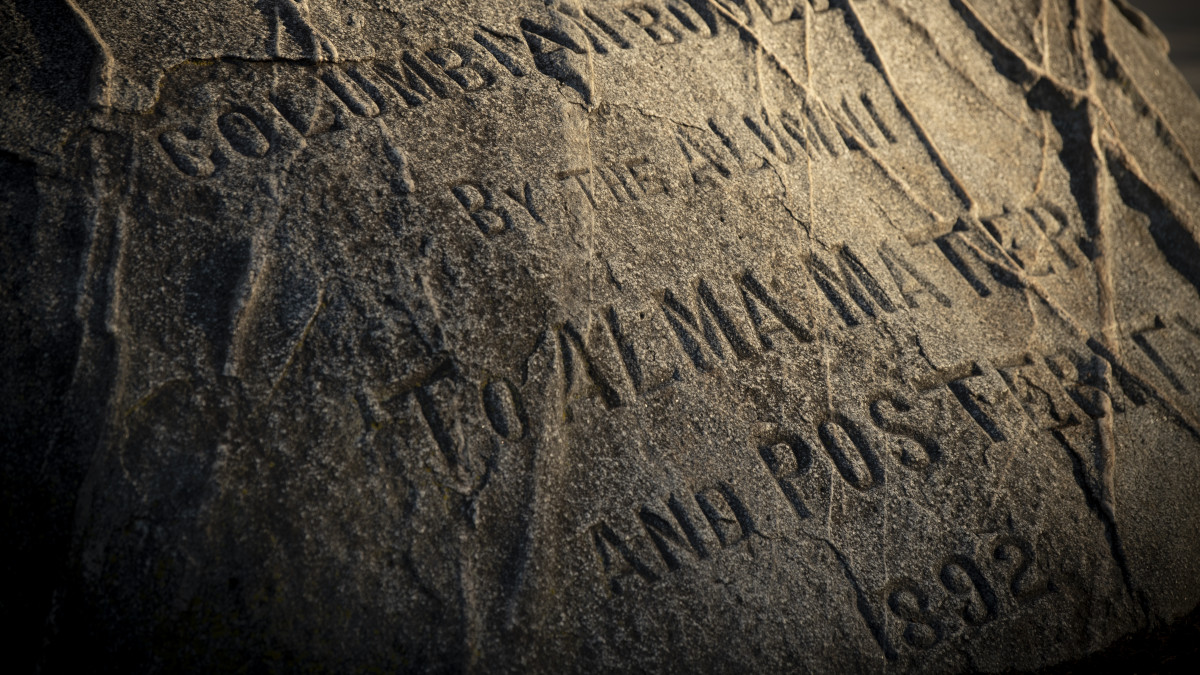 THE BO(U)LDER QUESTION: Racial Justice
THE BO(U)LDER QUESTION: Racial Justice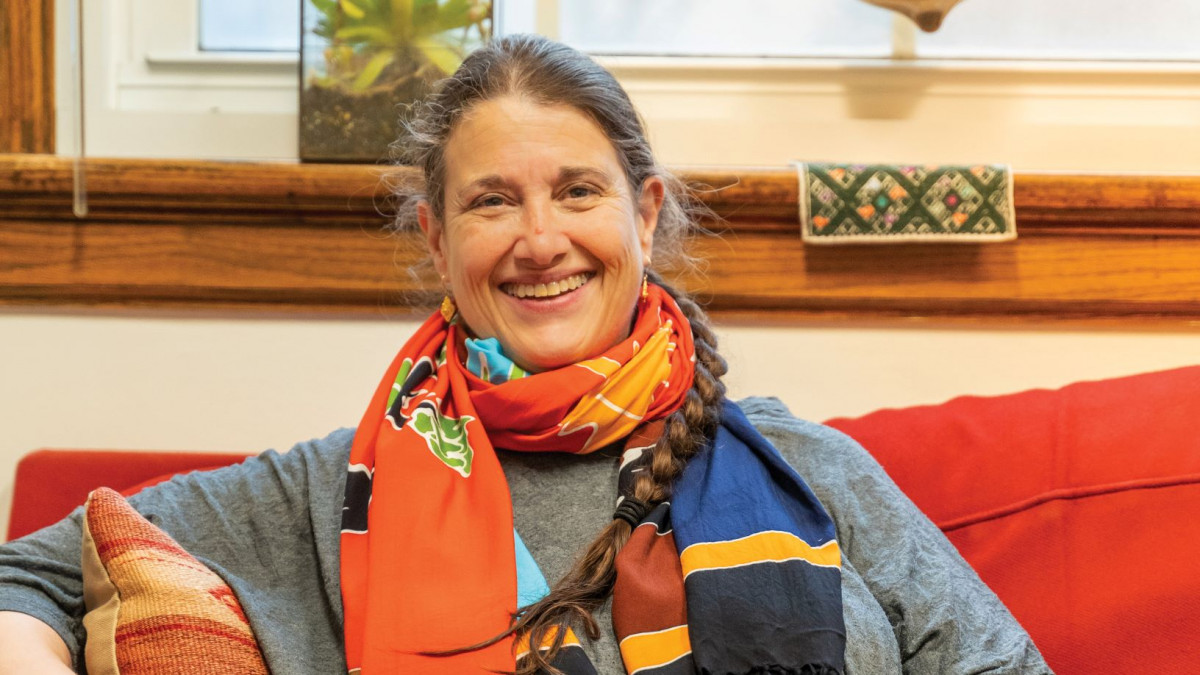 THE BO(U)LDER QUESTION: Racial Justice
THE BO(U)LDER QUESTION: Racial Justice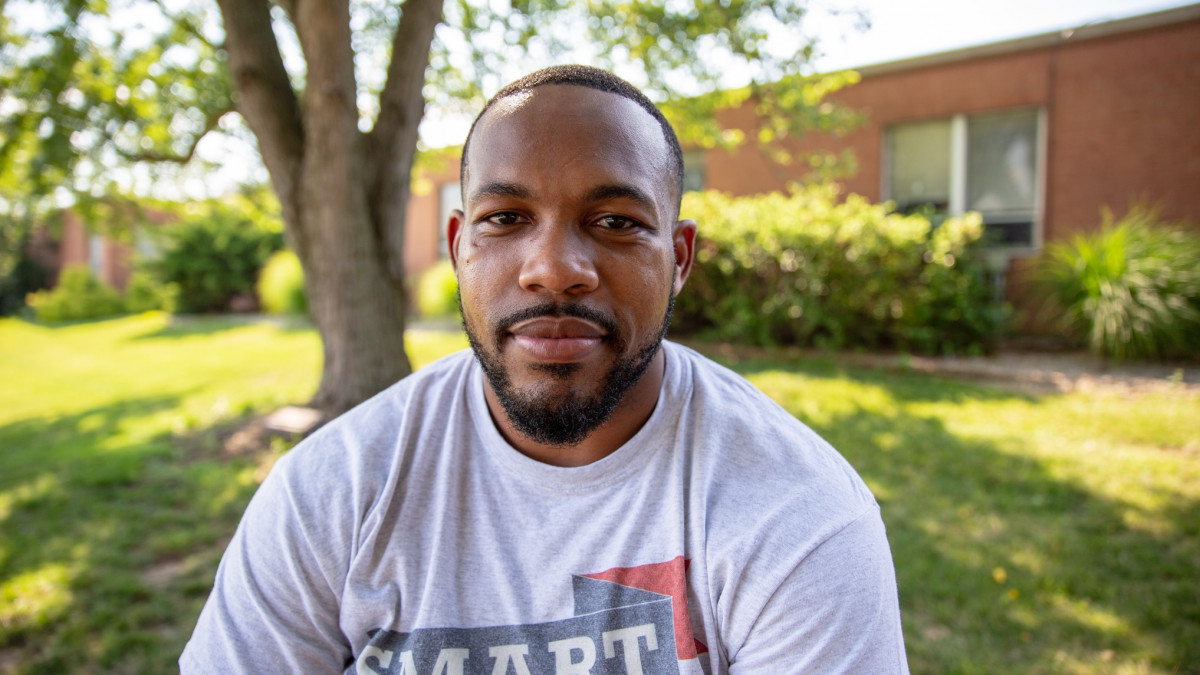 THE BO(U)LDER QUESTION: Racial Justice
THE BO(U)LDER QUESTION: Racial Justice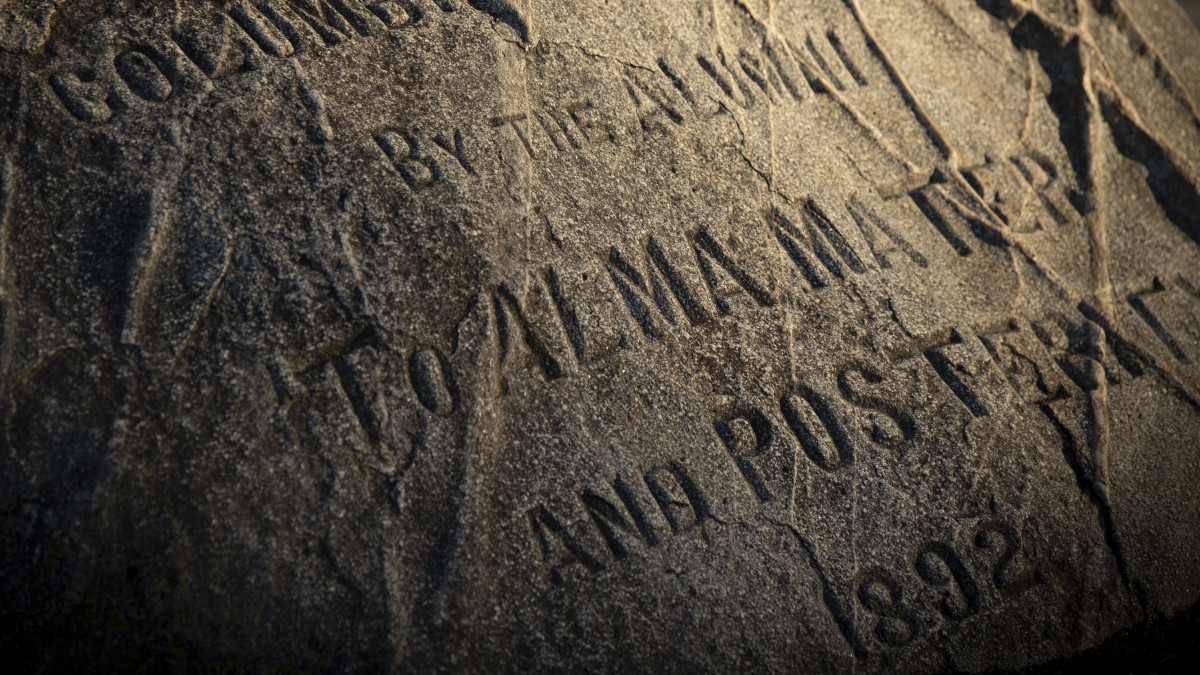 THE BO(U)LDER QUESTION: Racial Justice
THE BO(U)LDER QUESTION: Racial Justice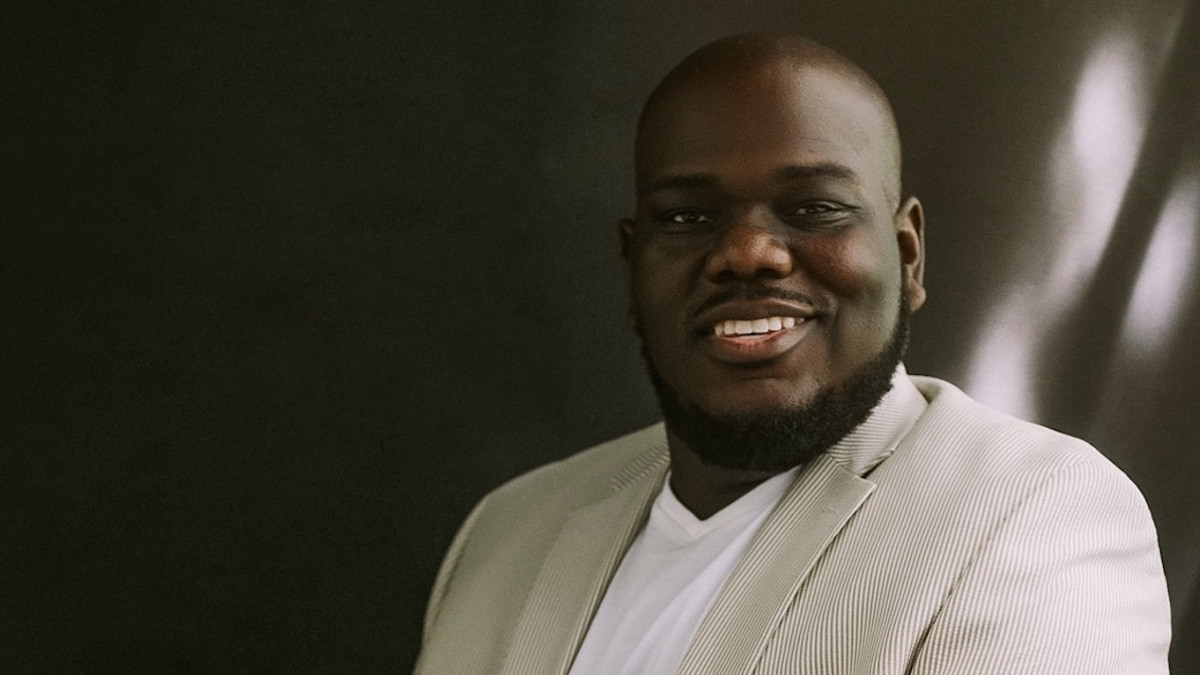 THE BO(U)LDER QUESTION: Racial Justice
THE BO(U)LDER QUESTION: Racial Justice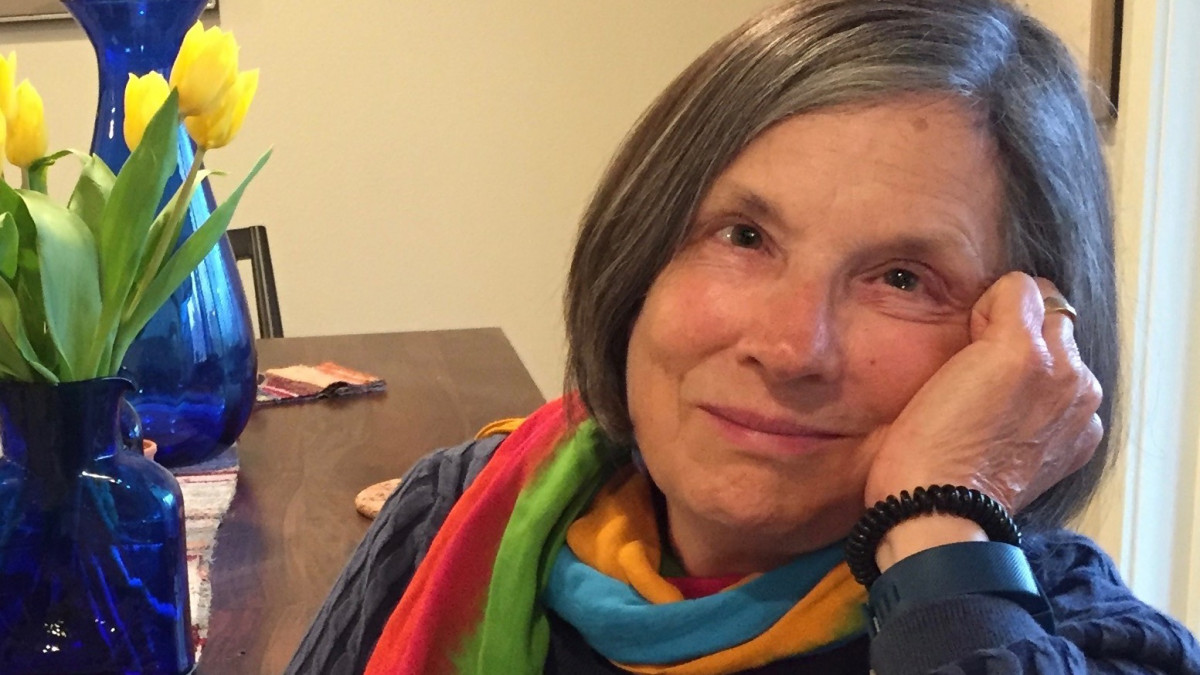 THE BO(U)LDER QUESTION: Racial Justice
THE BO(U)LDER QUESTION: Racial Justice The Bo(u)lder Question: Racial Justice
The Bo(u)lder Question: Racial Justice The Bo(u)lder Question
The Bo(u)lder Question The Bo(u)lder Question: Racial Justice
The Bo(u)lder Question: Racial Justice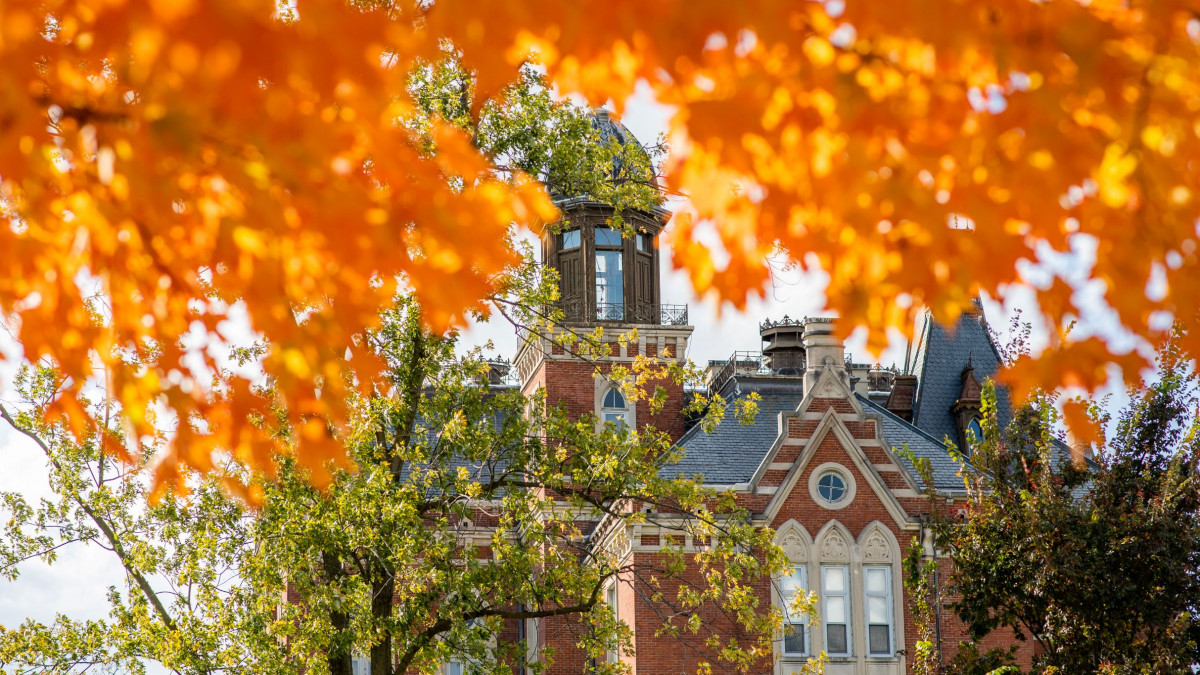 THE PUBLIC SERVANTS: Jane Noble Luljak ’49
THE PUBLIC SERVANTS: Jane Noble Luljak ’49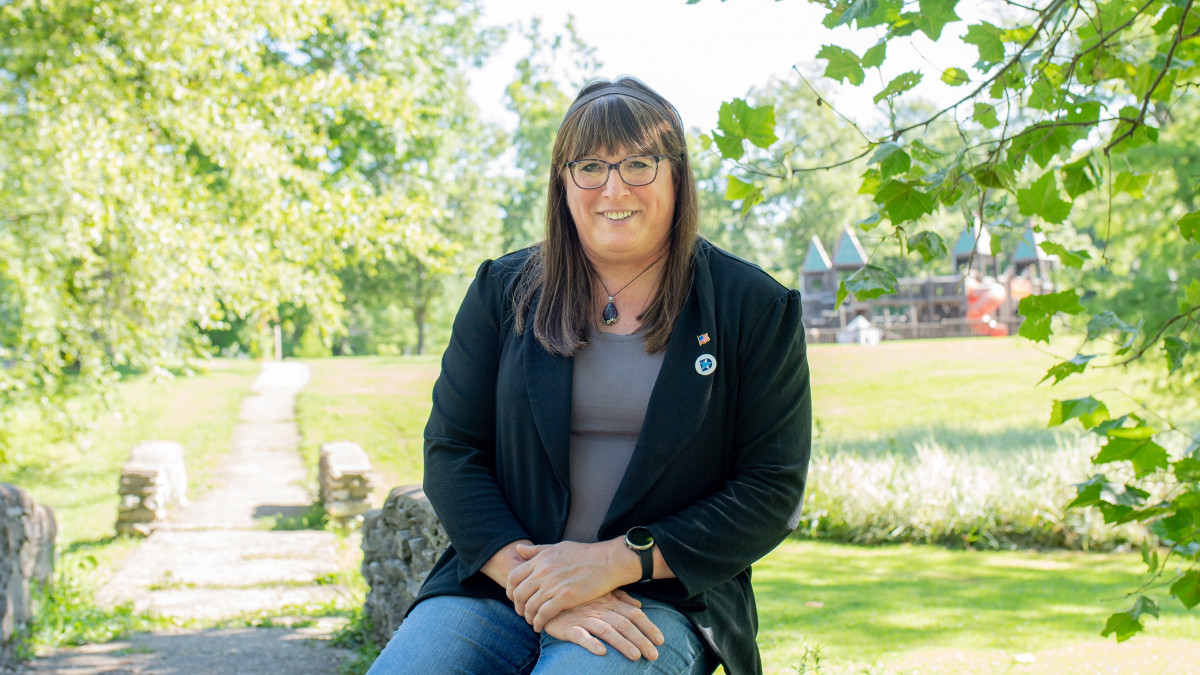 THE PUBLIC SERVANTS: Veronica Pejril
THE PUBLIC SERVANTS: Veronica Pejril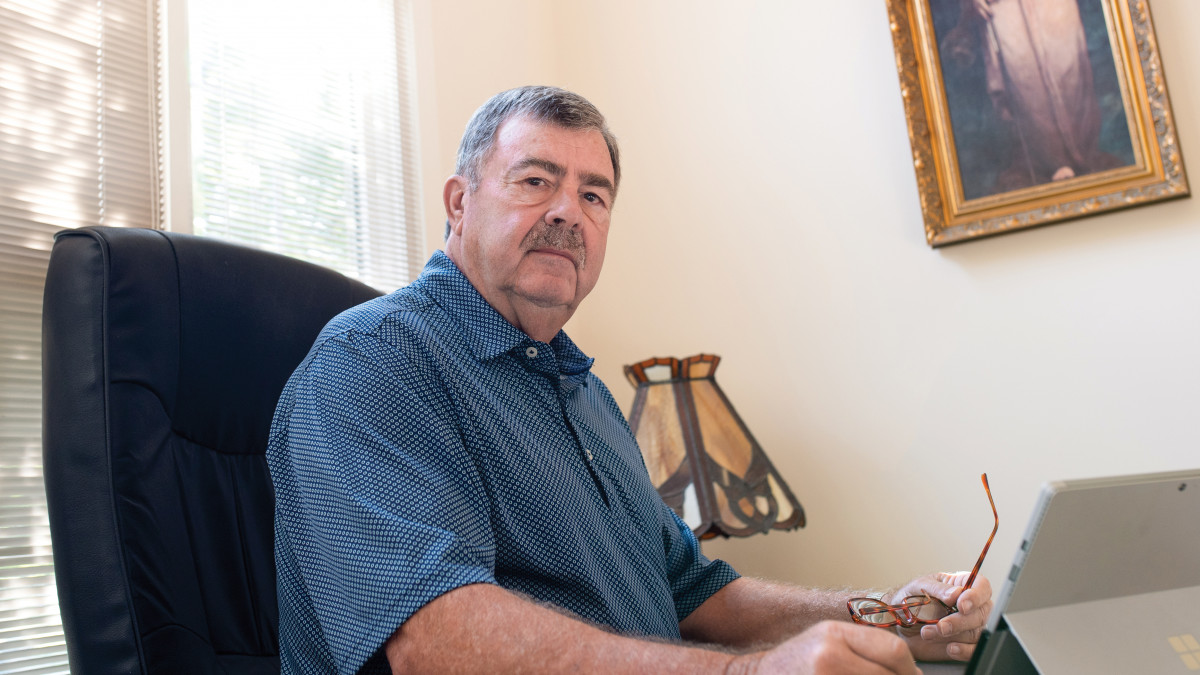 THE PUBLIC SERVANTS: Terry Crone ’74
THE PUBLIC SERVANTS: Terry Crone ’74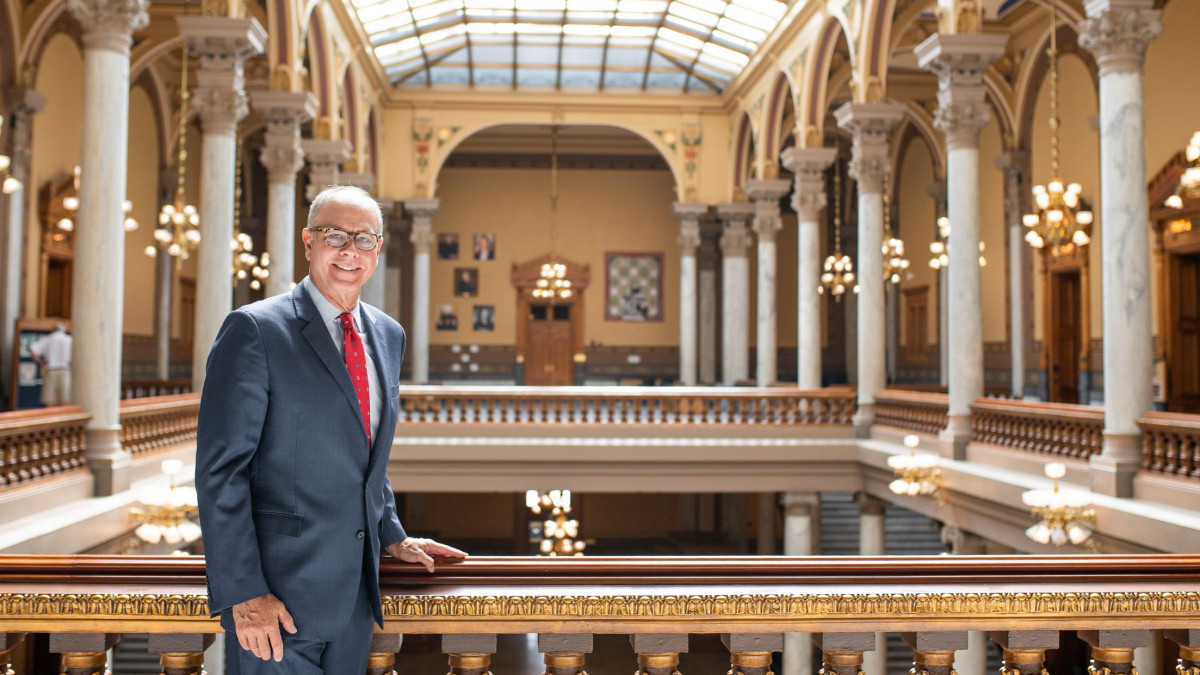 THE PUBLIC SERVANTS: John Hammond ’76
THE PUBLIC SERVANTS: John Hammond ’76 THE PUBLIC SERVANTS: Dave Jones ’84
THE PUBLIC SERVANTS: Dave Jones ’84 THE PUBLIC SERVANTS: Lucy Ferguson VanMeter ’97
THE PUBLIC SERVANTS: Lucy Ferguson VanMeter ’97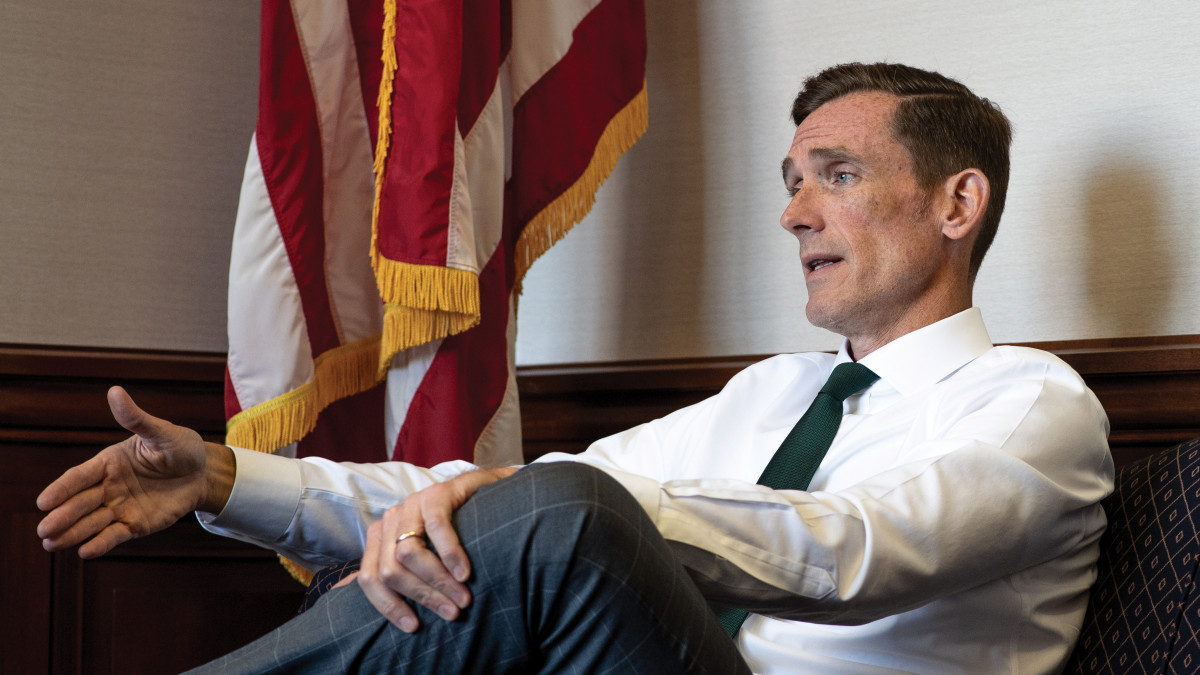 THE PUBLIC SERVANTS: J.P. Hanlon ’92
THE PUBLIC SERVANTS: J.P. Hanlon ’92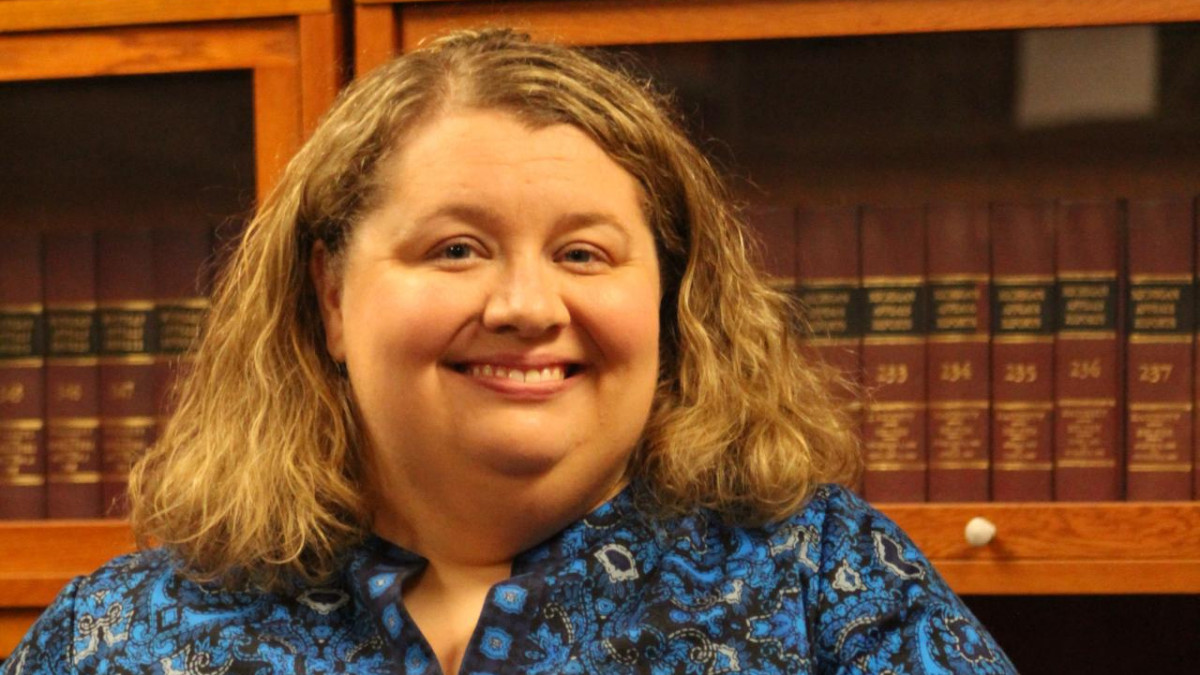 THE PUBLIC SERVANTS: Brittany Bulleit ’05
THE PUBLIC SERVANTS: Brittany Bulleit ’05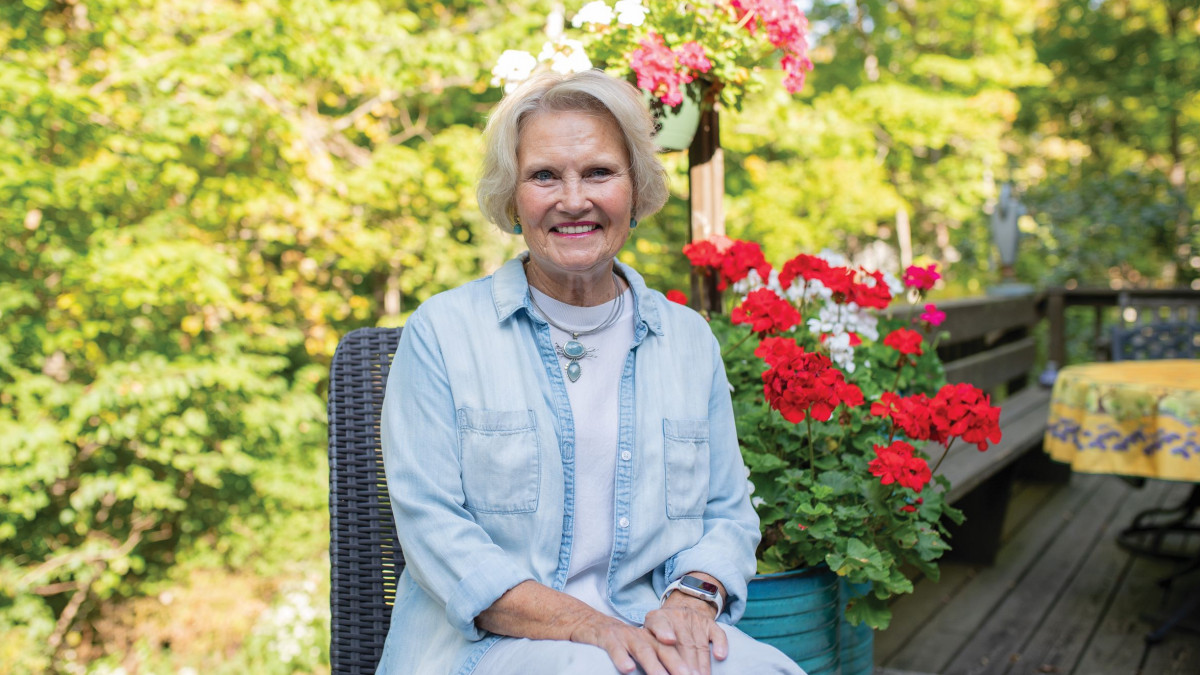 THE PUBLIC SERVANTS: Sue Anne Starnes Gilroy ’70
THE PUBLIC SERVANTS: Sue Anne Starnes Gilroy ’70 THE PUBLIC SERVANTS: Dan Quayle ’69
THE PUBLIC SERVANTS: Dan Quayle ’69 THE PUBLIC SERVANTS: Shatrese Flowers ’95
THE PUBLIC SERVANTS: Shatrese Flowers ’95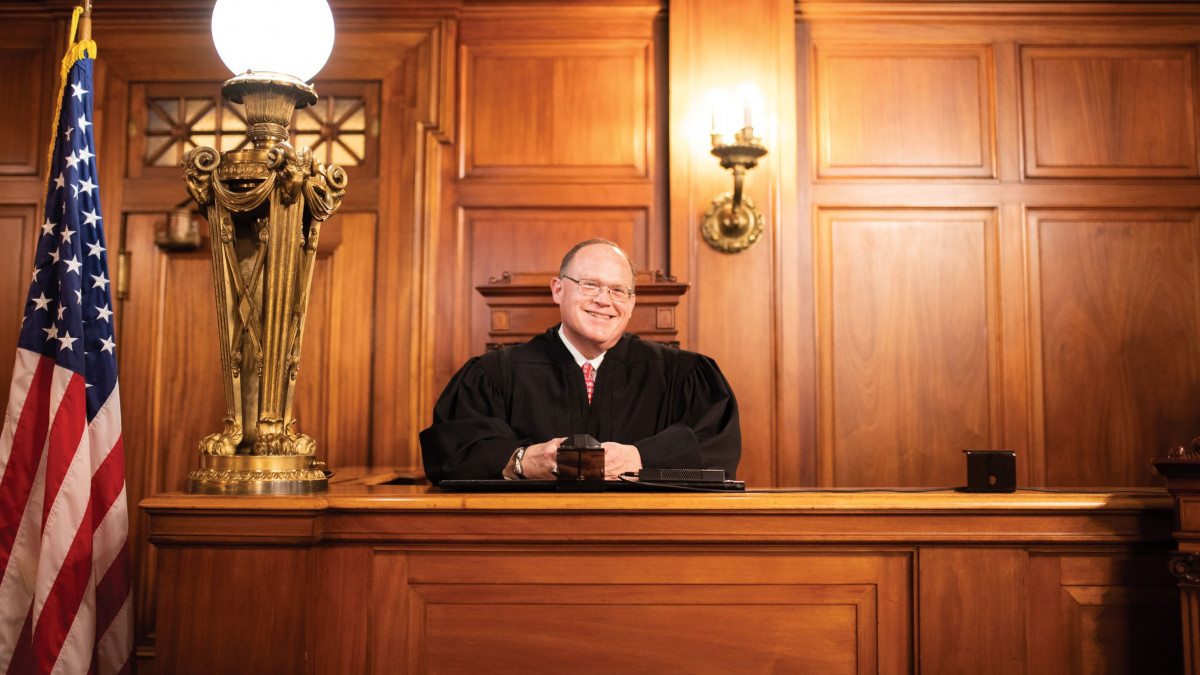 THE PUBLIC SERVANTS: C. Shea Nickell ’81
THE PUBLIC SERVANTS: C. Shea Nickell ’81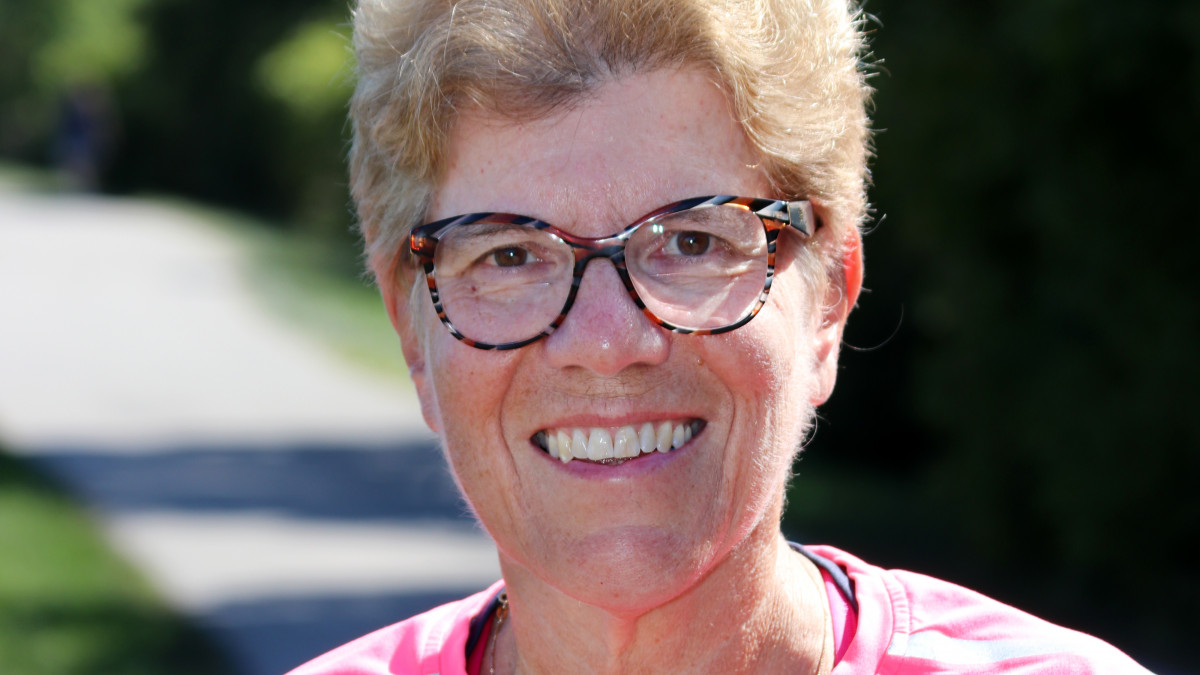 The Public Servants: Nancy Boyer ’73
The Public Servants: Nancy Boyer ’73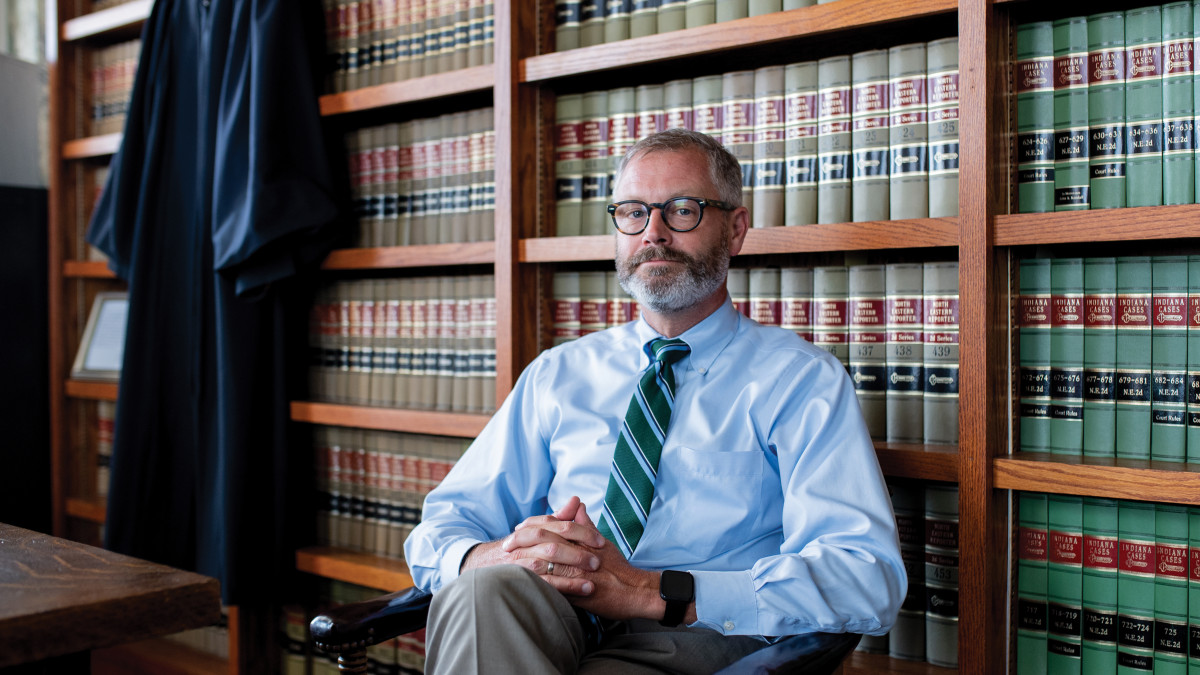 THE PUBLIC SERVANTS: Matthew Kincaid ’92
THE PUBLIC SERVANTS: Matthew Kincaid ’92 The Public Servants
The Public Servants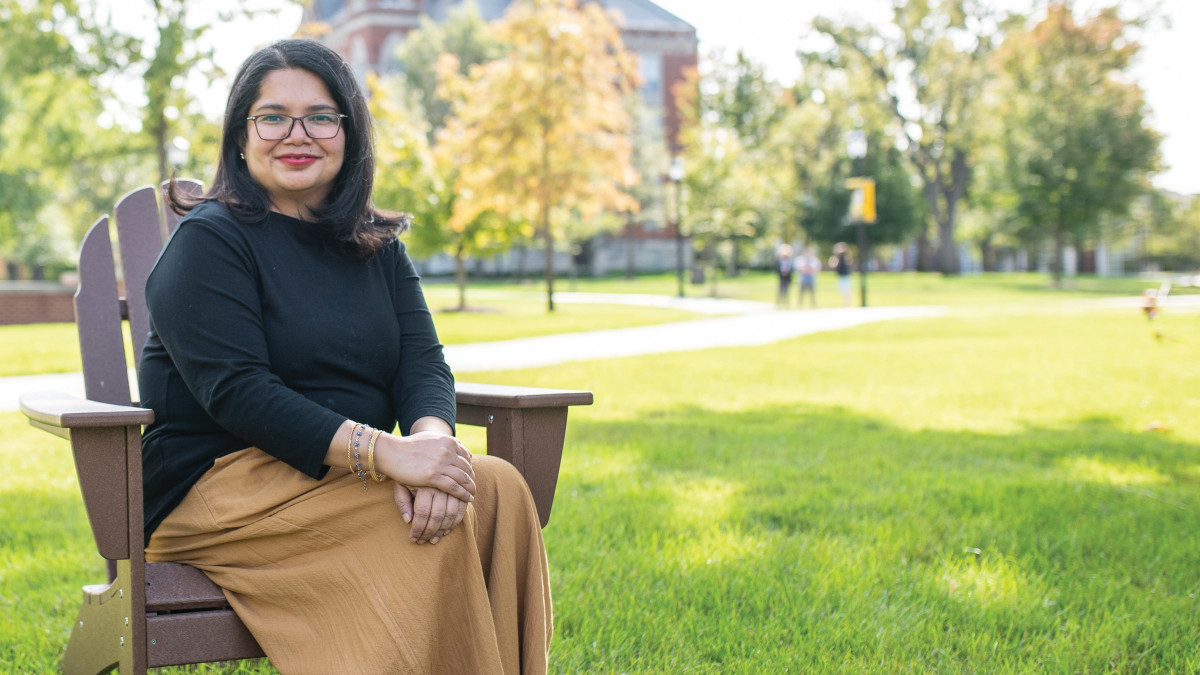 Profs see promise in poli sci, history students who plan public service careers
Profs see promise in poli sci, history students who plan public service careers Stimulated and prepared by DePauw, alums work to serve others
Stimulated and prepared by DePauw, alums work to serve others
DePauw Stories
A GATHERING PLACE FOR STORYTELLING ABOUT DEPAUW UNIVERSITY
Browse other stories
-
Athletics
-
Baseball - DePauw Tops Rose-Hulman in Home Finale
-
Men's Lacrosse - Tigers Fall to Wittenberg
-
Men's Golf - Loring Selected North Coast Athletic Conference Men's Golf Athlete of the Week
More Athletics
-
-
News
-
Little 5 makes big splash through philanthropy and service
-
Greencastle Celebrates National Main Street Day with Small Business Breakfast, New Program Launch, and Spring Pitch Competition
-
Hirotsugu "Chuck" Iikubo ’57 remembered as thoughtful leader, advocate for international goodwill
More News
-
-
People & Profiles
-
11 alums make list of influential Hoosiers
-
DePauw welcomes Dr. Manal Shalaby as Fulbright Scholar-in-Residence
-
DePauw Names New Vice President for Communications and Strategy and Chief of Staff
More People & Profiles
-
-
Have a story idea?
Whether we are writing about the intellectual challenge of our classrooms, a campus life that builds leadership, incredible faculty achievements or the seemingly endless stories of alumni success, we think DePauw has some fun stories to tell.
-
Communications & Marketing
101 E. Seminary St.
Greencastle, IN, 46135-0037
communicate@depauw.eduNews and Media
-
News media: For help with a story, contact:
Bob Weaver, Senior Director of Communications.
bobweaver@depauw.edu.